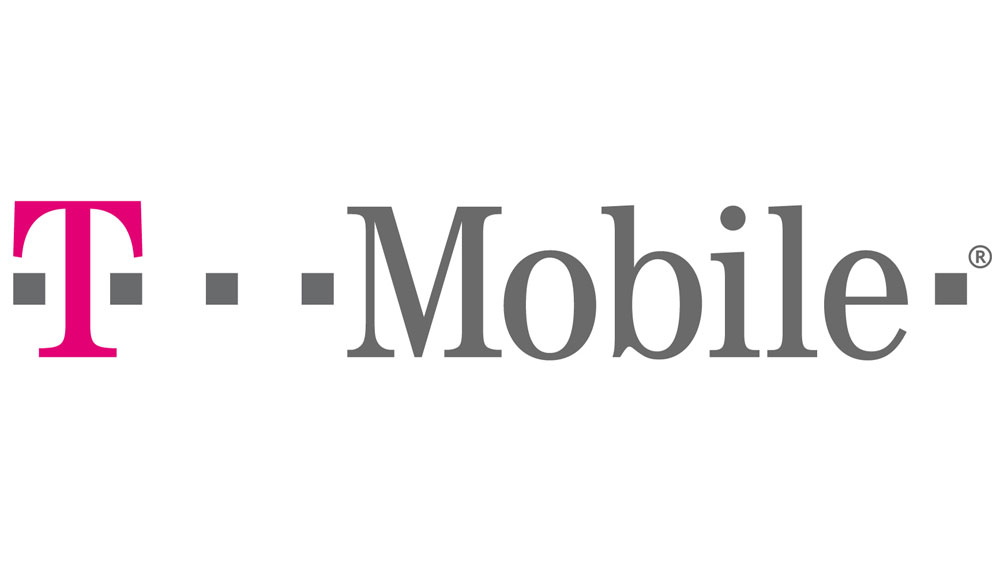T-Mobile USA, MetroPCS merger official
Metro gets $1.5 billion shareholder payout

Just as predicted, the announcement that T-Mobile USA and MetroPCS would merge came Wednesday morning from T-Mobile's parent company, Deutsche Telekom.
"This transaction will create the leading value carrier in the U.S. wireless marketplace, which will deliver an enhanced customer experience through a wider selection of affordable products and services, deeper network coverage, and a clear-cut technology path to one LTE network," the parent company said in a statement.
Both Deutsche Telekom and MetroPCS's boards approved the deal, which gives Deutsche Telekom 74 percent of the no-contract carrier.
MetroPCS will retain 24 percent control while paying $1.5 billion to its shareholders.
Moving mobile forward
Deutsche Telekom said MetroPCS and T-Mobile will oversee separate customer units though the firms will be known collectively as T-Mobile.
For now, the transition appears to be a joint effort with executives from both sides moving into new leadership positions.
Jim Alling, T-Mobile's COO, will front T-Mobile while MetroPCS President and COO Thomas Keys will take that company's reigns.
Get daily insight, inspiration and deals in your inbox
Sign up for breaking news, reviews, opinion, top tech deals, and more.
Recently appointed T-Mobile CEO John Legere will move into a dual role as president and CEO of the combined firm. MetroPCS CFO and Vice Chairman J. Braxton Carter takes over as its CFO.
Corporate headquarters will be in Bellevue, Wash., but MetroPCS will continue to have a "significant presence in Dallas [Texas] as will T-Mobile," according to Legere in a YouTube video.
The merger affords both companies expanded coverage and customer choice while allowing for innovation based on "the next-generation LTE network," said Rene Obermann, CEO of Deutsche Telekom, in a statement.
Together, the companies reportedly boast 42.5 million subscribers.
Check out Legere's clip explaining the merger below:
Contracts or not, LTE's where it's at
The merger is of particular importance to T-Mobile, the U.S.'s fourth largest mobile carrier.
By acquiring most of Metro, T-Mobile adds an ally to its arsenal in the form of customers and coverage as it battles Sprint, AT&T, and Verizon for shares of the American mobile market.
Though details on upcoming devices and wireless plans were unspecified, the combined company will offer "a wider selection of attractive, competitively priced plans to better serve the marketplace, including contract, no-contract monthly, SIM-only, pay-as-you-go, and mobile broadband services."
According to one report, part of T-Mobile's plan involves moving MetroPCS customers off the company's CDMA network and onto T-Mobile's GSM frequencies for 3G by 2015.
Such a move would allow for spectrum repurposing to build out a LTE network.
In a company press release, T-Mobile wrote that existing MetroPCS customers "will be migrated to a common LTE-based network as they upgrade their handsets."
The deal is expected to close in the first half of 2013 with the two functioning as independent companies until that time, Legere said.
Michelle was previously a news editor at TechRadar, leading consumer tech news and reviews. Michelle is now a Content Strategist at Facebook. A versatile, highly effective content writer and skilled editor with a keen eye for detail, Michelle is a collaborative problem solver and covered everything from smartwatches and microprocessors to VR and self-driving cars.
